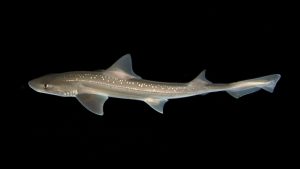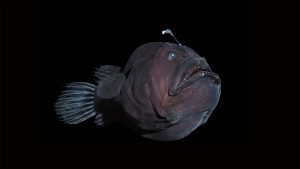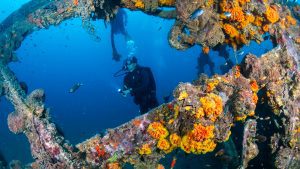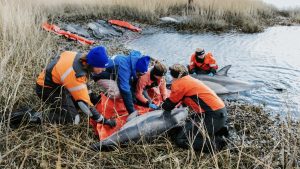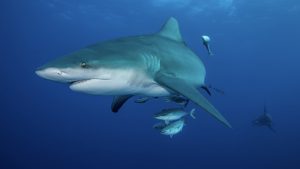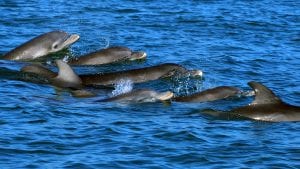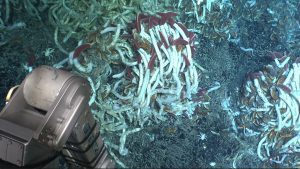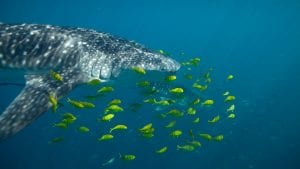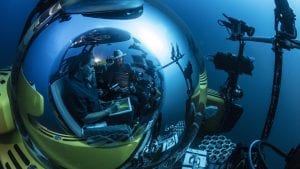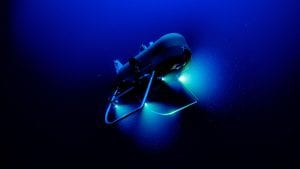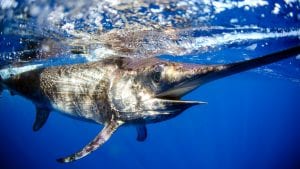Research Highlights
Oceanus Magazine
News Releases
Filter-feeding whales sample the Arctic food web, tracking decades of change
Differences in brain structure between echolocating and non-echolocating marine mammals offers insight into auditory processing
WHOI researchers part of collaborative, international effort to increase Marine Protected Areas and other strategies
Woods Hole Oceanographic Institution and partners take home prestigious award
Long-awaited event sets the stage for scientists to learn more about physical, chemical and biological processes in the deep ocean East Pacific Rise, Pacific Ocean (May 2, 2025) – Scientists diving in the human-occupied vehicle Alvin recently witnessed a rare…
News & Insights
A new study of whale shark movements near a known hotspot in the Red Sea sheds light on their behaviors and could help inform the conservation efforts of the largest known fish, which can reach lengths of 40 feet or more.

